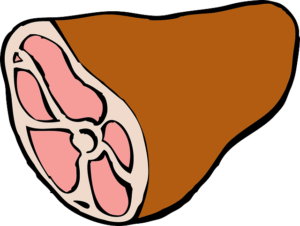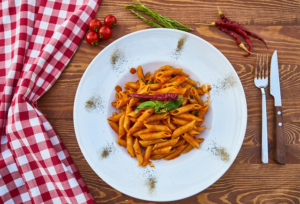A beginner’s guide to healthy eating – PhillyVoice.com
A
nutritious diet
is an essential part of maintaining a healthy lifestyle. It helps your
digestive system function, boosts your immunity, strengthens bones, and
lowers your risk of heart disease, type 2 diabetes, and even some cancers.
But with so much information out there, maintaining a healthy diet can feel
overwhelming. The good news? Healthy eating doesn’t have to be difficult —
it can be simple, delicious, and satisfying.
<p…….

A
nutritious diet
is an essential part of maintaining a healthy lifestyle. It helps your
digestive system function, boosts your immunity, strengthens bones, and
lowers your risk of heart disease, type 2 diabetes, and even some cancers.
But with so much information out there, maintaining a healthy diet can feel
overwhelming. The good news? Healthy eating doesn’t have to be difficult —
it can be simple, delicious, and satisfying.
It’s always an ideal time to learn more about healthy eating. So, let’s
talk nutrition! Here are the basics:
• Eat a “rainbow.”
According to theDietary Guidelines for Americans 2020-2025, a healthy eating plan includes a variety of foods, including vegetables
of all types (dark green, red, and orange veggies, beans, peas, and
lentils, and all other veggies), fruits (especially whole fruit), grains
(at least half of which are whole grain), fat-free or low-fat dairy
products (yogurt, milk, and cheese), protein (lean meats, poultry, eggs,
seafood, beans, nuts, and seeds), and oils (vegetable oils and oils in
food, such as seafood and nuts).• Watch your portions.
To ensure you’reeating a healthy, balanced meal, fill half your plate with fruits and vegetables. The other half should
consist of one quarter of protein foods and one quarter of grains. A side
of dairy can complete your meal.• Cut down on foods and beverages
that are high inadded sugars,
saturated fat, and
sodium.
Added sugars and saturated fat should account for less than 10 percent of
your calories per day; sodium should be limited to less than 2,300
milligrams per day. To help you make healthy food choices,read and use nutrition labels.
• Limit alcohol.
If you do drink,moderation is key. No more than 1-2 drinks a day.
• Drink plenty of water.
Plain drinking water has zero calories, so it’s a great substitute for
drinks with added sugars and calories, such as soda. Plus, it’sgood for overall health.
• Be conscious
of yourrecommended daily calorie allowance.
For adult women, daily calories can range from 1,600 to 2,200 per day. For
men, the estimates range from 2,000 to 3,200 per day. You can alsocalculate your calories
based on your personal needs.
Practice Healthy Eating
Now that you know what to eat, it’s important to put these healthy eating
habits into practice. To help you improve your nutrition, here are three
easy tips:
- Stick to your healthy eating plan when dining out.
Opt for healthier options
that are grilled, baked, broiled, or steamed.
- Plan meals ahead of time.
Make a list and grab all …….Source: https://www.phillyvoice.com/beginners-guide-to-healthy-eating-059991/







